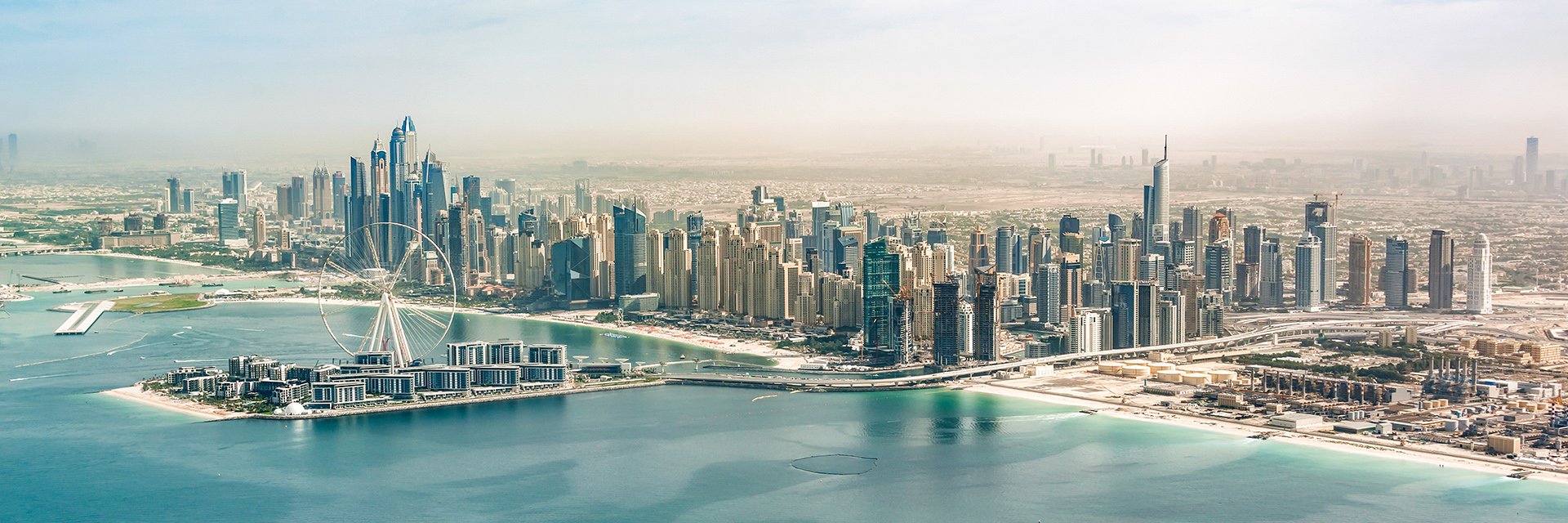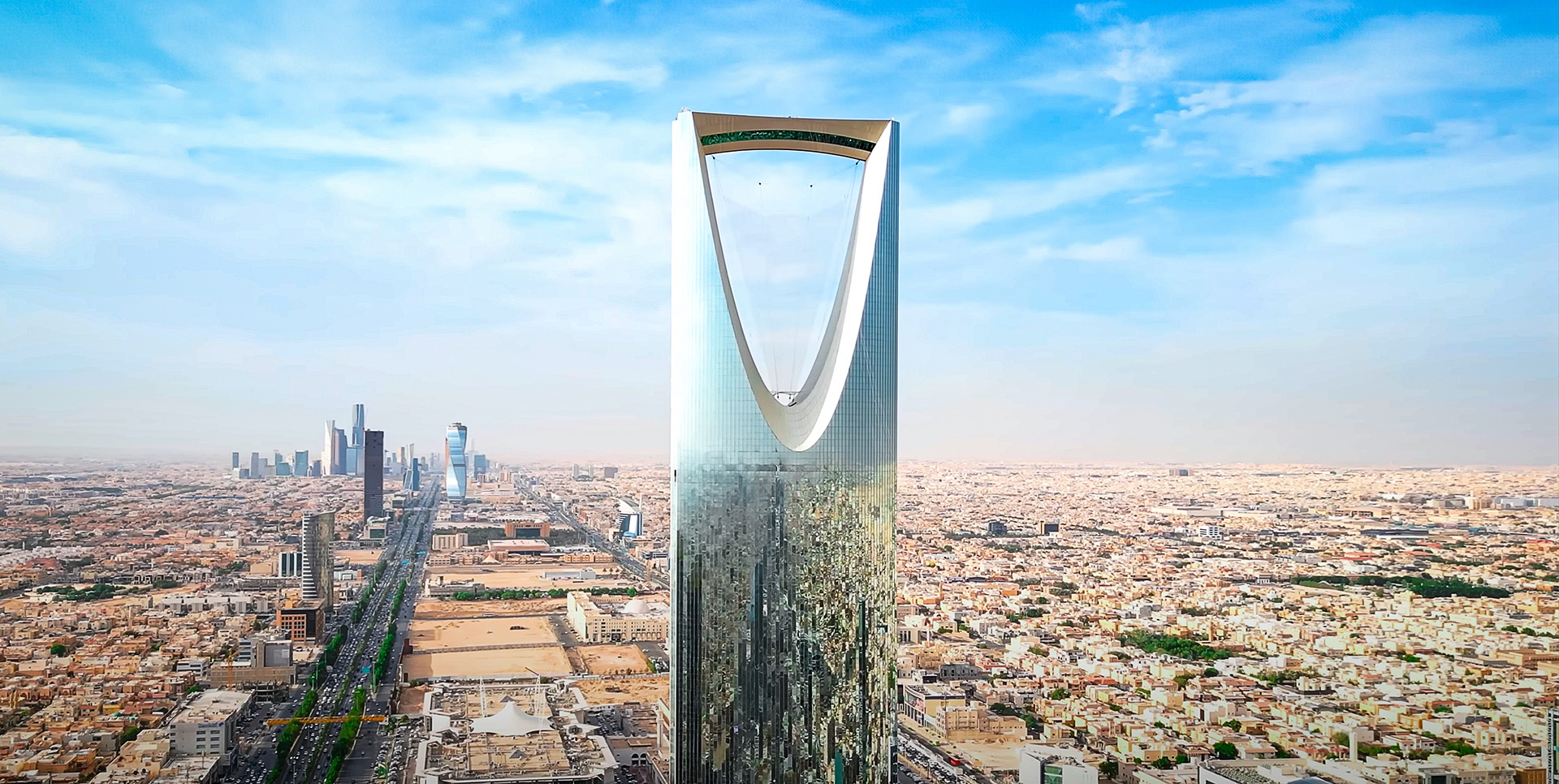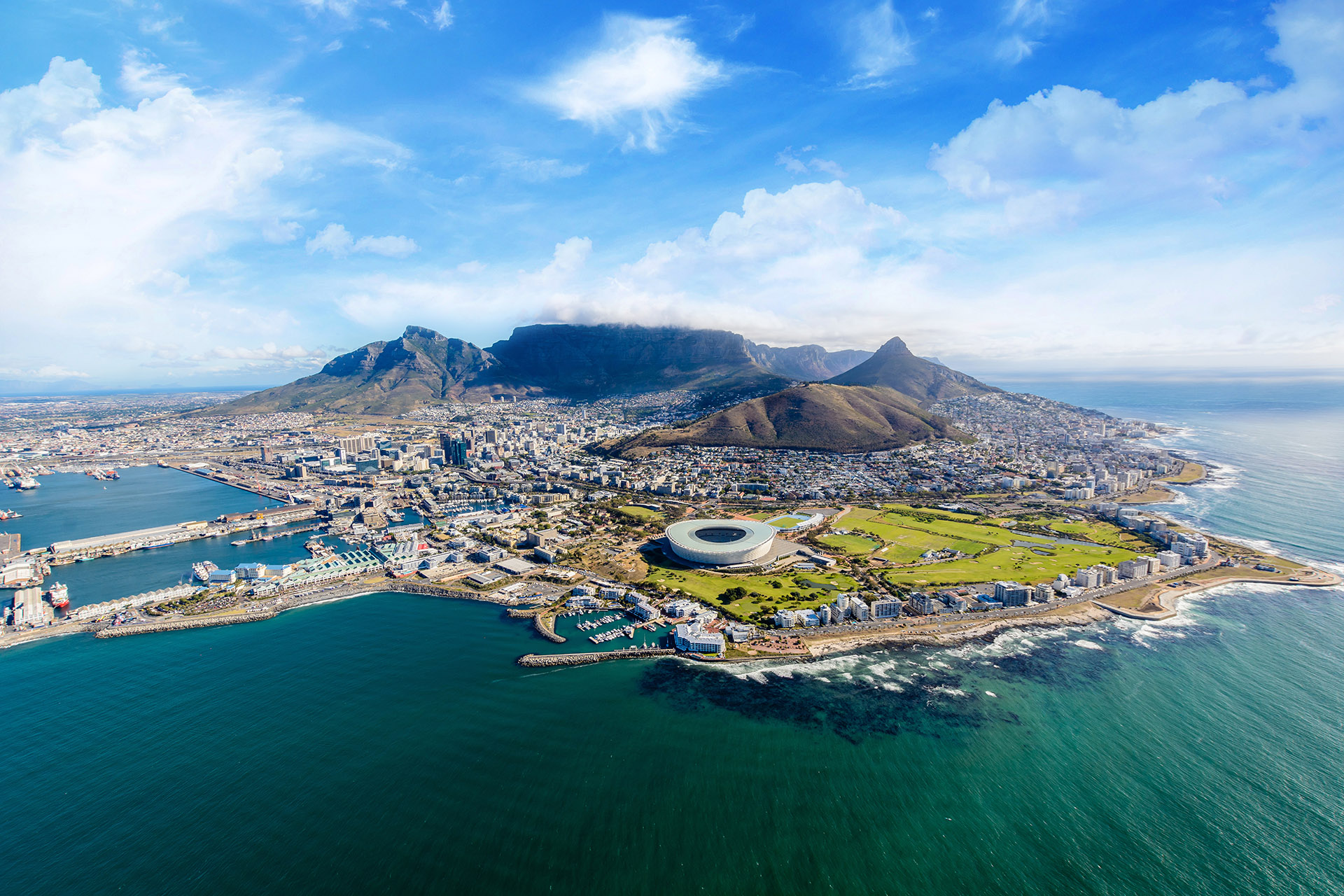You have made the decision to setup your company in Dubai and obtain a residency visa as part of this process. Now the question remains: What is the difference between the various options for setting up a company and which should I choose?
You basically have three options for setting up a company:
- Offshore company
- Free Zone company, or
- Dubai Mainland company
Offshore Company
Offshore companies are administrated by Free Zones. The main differences between Free Zone and Offshore companies are that Offshore companies do not have any requirements for the minimum capital that needs to be deposited before incorporation unlike Free Zone companies. They also do not have a presence in the UAE and are therefore not allowed to trade in the UAE. On the other hand, they have similar admin requirements than normal free zone companies. Offshore companies are usually holding or asset companies for other business organizations which operate outside the UAE. Dubai also has limitations on what structure is allowed to acquire property with numerous Free Zone companies not being allowed this benefit whereas Offshore companies within RAK and JAFZA are allowed this benefit.
Free Zone Company
Free Zones are specifically licensed authorities which have been mandated by the government to administer company setups and advance economic trade within the region and specifically their Free Zone. Free Zones have a specific aim or sector in which they operate providing specialised services to companies in their sector.
Mainland Company
Mainland companies are registered in Dubai directly with the government as opposed to a Free Zone. With a mainland company you can trade within Dubai without restriction, considering the requirements of your trading license, and interact with UAE registered companies. Your setup process is however dealt with by the various Government Departments which can be a bit tedious and cumbersome.
Comparison
Here is an overview of the main differences between Free Zones and Mainland companies:
| Free Zone | Mainland | |
| Ownership | Foreigners or expats can hold 100% of the issued share capital of the company. | Foreigners can only hold 49% of the issued shares requiring a local sponsor to hold the remaining 51%. This has however changed during 2020 allowing foreigners to hold 100% of the equity. |
| Office space | Primary office letting or ownership is advisable to be in the specific Free Zone. However, alternative arrangements can be made but will result in extra cost. | Must hold office space in the Mainland. |
| Business activities | The company can choose from a listing of business activities specific to each Free Zone. The company is not allowed to sell physical items or do manufacturing in the Mainland without an additional license and approval from the specific Free Zone. | Can do business anywhere in the UAE including Free Zones. No restriction on any business activities. |
| Audit | Depending on the Free Zone this may be a requirement. | Mainland companies must prepare an audit at the end of the financial year. |
| Visas | Residency visas are allocated depending on the size of the office space occupied. | Residency visas are allocated depending on the size of the office space occupied. |
| Capital requirements | This requirement is dependent on the Emirati as well as the specific Free Zone. | This depends on the legal form of the business. |
| Privacy/Secrecy | In general, Free Zones do not disclose company information. | Upon request, the general public may obtain details of a mainland company. |
| Government Authorities for Company setup | Free Zones have their own rules for approval of any company inside its jurisdiction and they do not require approvals from authorities outside of the Free Zone. | Setting up a Mainland company requires involvement of the DED, Ministry of Labor, Dubai Municipality and Ministry of Interior amongst others. Setting up a company in the Mainland is more complicated than in a Free Zone. |
Application process
The process for company incorporation is similar across various Free Zones with specifics being dictated by the specific Free Zone. What makes setting up a company in a Free Zone more convenient is that they deal with the application as a whole whereas setting up a company in Mainland Dubai requires interaction with various government institutions. Medicals and Visa stamping are however still performed by the respective government departments.
Your application and the specific process followed is dependent on which Free Zone or structure you choose. However, each Free Zone will at least require of you to choose your company name, trading activity for your license and what type of offices or warehousing you choose. A flexi/shared desk would be a minimum requirement as physical office space is required as part of the rules.
Most Free Zones only provide for physical signing of documentation requiring the applicant to either travel to the Free Zone or sign at an approved representative, whereas others allow for e-signature. Opening of a bank account is not included in a registration package and still requires that you physically visit the country and interact with the respective bank of your choice.
Obtaining a Visa and residency ID card for the UAE are interdependent and you will require an employment contract issued by your employer (sponsor). Finalising your immigration services requires a visit to the Naturalization and Residency and Labour departments as well as the Ministry of Interior.
Once your company is formed, the immigration process can begin. First you must do a mandatory medical examination. The result for the medical can take up to 8 days, however this can be expedited by paying an extra fee. This, along with other information, is submitted for approval of your Visa. Once your Visa is approved it will be stamped. The application for the Emirate Identity Card can now be done. It would be a good idea to set aside at least 10 business days for the application and finalization of this process.
It is important to note that the initial phase of the process is referred to as “in or out of country” application. “In country” means that you are already in the country at the time of starting your application. “Out of country” means that you are in your homeland and will be issued a special entry Visa/permit valid for 30 days so you can visit the country to finalise your application.
Documentation
The documentation to be provided is dependent on where you setup your company. For instance, the DMCC Free Zone requires of directors to hold post graduate degrees whereas the IFZA do not have such a requirement.
As the UAE does not have Reserve Bank Regulations in place to monitor the flow of capital in and out of the country, it has been largely left to the institutions to curb money laundering. KYC (know your client) documentation will include proof of residency and other documentary proof for directors, shareholders and for initial deposits of money.
Registration and license
Free Zone companies may only trade in line with the license they have been issued based on their application. Whether this be services, consulting, commercial etc. Free Zone companies may also only trade within the Free Zone in which the license has been issued or internationally. Free Zone companies providing services or consulting may however trade in the Mainland as it is nearly impossible to place restrictions on these types of services. Bear in mind that trading in a Free Zone or internationally will have no duties imposed on items. However, if any of those items leave the Free Zone into the Mainland a 5% duty will be imposed.
Free Zone companies does not require a local sponsor as 100% of the share capital may be held by foreigners. Upon license issuing and finalization of immigration, your Visa, Emirates ID card and Company establishment card will be issued. Free Zone companies are also required to rent office space which may include flexi/shared desks, serviced desks, or the renting of full offices. There are numerous office space service providers which have various options you can choose from. Office space is paid for one year in advance.
Bank account
The opening of a bank account can initially be in the form of an electronic bank account with reputable fintech service providers. The opening of a bank account with an established bank in the UAE such as Emirates NBD, Noor Bank, Dubai Islamic Bank, Mashreq Bank or others are a more involved process requiring stringent KYC procedures as well as requiring from the company opening the bank account to provide a minimum balance in the account. The director of the company will have to visit the bank in person to complete and submit the required documents. The minimum balance requirement is dependent on which bank is used to open an account.
You will also be able to open a personal bank account and obtain a debit card. Obtaining credit cards and incurring debt in UAE is not advisable but if needed can be arranged once you have built up a banking history. The quickest way to obtain a credit card for the business is to provide a lump sum over which the bank will hold title for as long as you utilize your credit card.
Legal requirements
It is very important to consider the local laws and various legal and statutory requirements. For instance, some Free Zones requires an annual audit whereas others do not. The different Free Zones also have different annual filing requirements with company licenses that must be renewed annually.
The registration for Value Added Taxation with the Federal Taxation Authority (FTA) is also required if your turnover exceeds AED 375 000 depending on certain exclusions. VAT is a consumption based tax and specific rules relating standard or zero rating applies. Penalties for non-compliance with any of the requirements of the FTA is severe and full compliance is advisable.
Since 2019 the UAE and many other countries, in line with the proposal by the OECD, requires companies to file returns in term of the Economic Substance Regulations with the respective department. This ESR is dependent on the activity your company is performing as well as what type of information needs to be disclosed. Refer to our article on ESR. This filing may lead to certain information about your company being made available to authorities or your home country.
Get in touch with us HERE to start your journey






